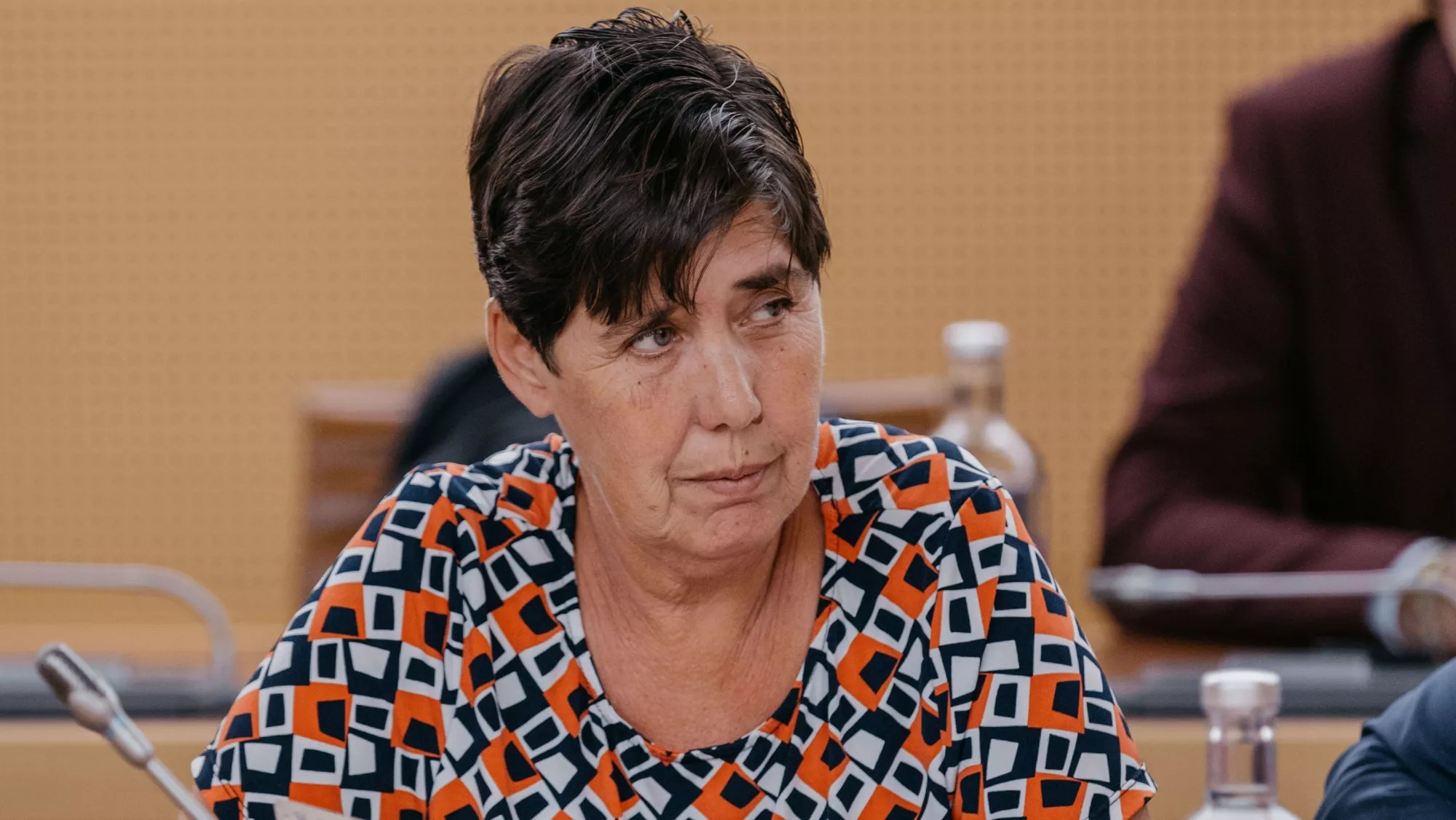
SANTA CRUZ DE TENERIFE, 1 Apr. (EUROPE PRESS) –
The Ministry of Health of the Government of the Canary Islands, through the General Directorate of Assistance Programs of the Canary Islands Health Service (SCS), expands the portfolio of services of the Neonatal Screening Program for Metabolic Diseases of the Canary Islands with the addition of seven new diseases from today.
In total, the screening contemplates the analysis of 17 pathologies, which are carried out through what is known as the ‘heel test’, after incorporating eleven in the last year, of which four were introduced last October and seven will be carried out from today , April 1.
The guidelines agreed within the framework of the Interterritorial Council of the National Health System contemplate the screening of eleven diseases, although the Canary Islands Health Service has extended them to another six due to their prevalence.
The objective of this test is to pre-symptomatically identify serious diseases in order to treat them early and minimize the possible neurological, sensory, organic and/or mental disability that they may cause.
The seven new pathologies that are incorporated into neonatal screening in the Canary Islands are spinal muscular atrophy, severe combined immunodeficiency, tyrosinemia, propionic acidemia, methylmalonic acidemia, very long-chain dehydrogenated Acyl Co A deficiency (VLCADD) and deficiency of transported carnitine.
SEVEN NEW DETERMINATIONS
Spinal muscular atrophy (SMA) is a group of genetic diseases that damages and kills motor neurons, which are a type of nerve cell in the spinal cord and lower part of the brain responsible for controlling movement .
Severe combined immunodeficiency causes growth retardation, chronic diarrhea, frequent often severe infections, among other manifestations.
Tyrosinemia includes liver and kidney changes, as well as delayed mental development due to the accumulation of this amino acid if prompt action is not taken.
For its part, Propionic Acidemia is a disease of organic acids in which people who suffer from it have problems breaking down and using certain amino acids from the food they eat.
Methylmalonic Acidemia is a disorder in which the body is unable to break down certain proteins and fats, resulting in a buildup of methylmalonic acid in the patient’s blood.
Very long-chain acyl-CoA dehydrogenase deficiency (VLCADD) and carnitine transporter deficiency are other metabolic disease variants that cause accumulation of substances in the body due to deficiencies in the metabolic circuit with which they are related.
NEWBORN SCREENING
Screening during the neonatal period includes certain pre-symptomatic detection processes for diseases or disorders that, without apparent symptoms, can cause serious physical, mental or developmental problems, and in which early diagnosis and treatment significantly improve their prognosis. .
The objective of neonatal screening is the early diagnosis of some diseases that cause serious developmental sequelae, such as epilepsy, intellectual disability, delayed motor, language and cognitive development, as well as hearing or visual dysfunction.
STUDY OF SEVENTEEN DISEASES
After the incorporation of the seven new determinations, the Neonatal Screening Program for Metabolopathies of the Canary Islands is currently studying a total of seventeen pathologies in the neonatal stage.
The ten diseases that were already being studied within the neonatal screening program are hypothyroidism, cystic fibrosis, phenylketonuria, Medium Chain A Cyl-Coenzyme A Dehydrogenase (MCADD) deficiency, 3-Hydroxyl-Acyl-Coenzyme A Medium Chain Dehydrogenase Long term (LCHAD), Glutaric Acidemia Type I, Hemoglobinopathy: Sickle Cell Anemia, Biotinidase Deficiency (BTD), Maple Syrup Urine Disease, and Homocystinuria.
To all these we must add the seven new pathologies already described above and which represent an important advance in the diagnosis of diseases by neonatal screening on the islands.
THE HUC, REFERENCE CENTER FOR THE CANARY ISLANDS
The laboratory of the Hospital Universitario de Canarias (HUC) is the reference center for the analysis of the tests carried out on all newborns in the archipelago and has a human team made up of medical personnel with extensive knowledge and experience in this matter, as well as with nursing and qualified technical and administrative personnel to develop these procedures.
The HUC Neonatal Screening Unit has the particularity of having to work under the demands of well-established times, since it is vitally important to establish early treatment to prevent the development of diseases with serious consequences for newborns. . In the vast majority of newborns, these symptoms are late, and when they are observed they have already caused irreparable damage, almost always neurological, which causes serious developmental sequelae. That is why early diagnosis and treatment is of the utmost importance.
















